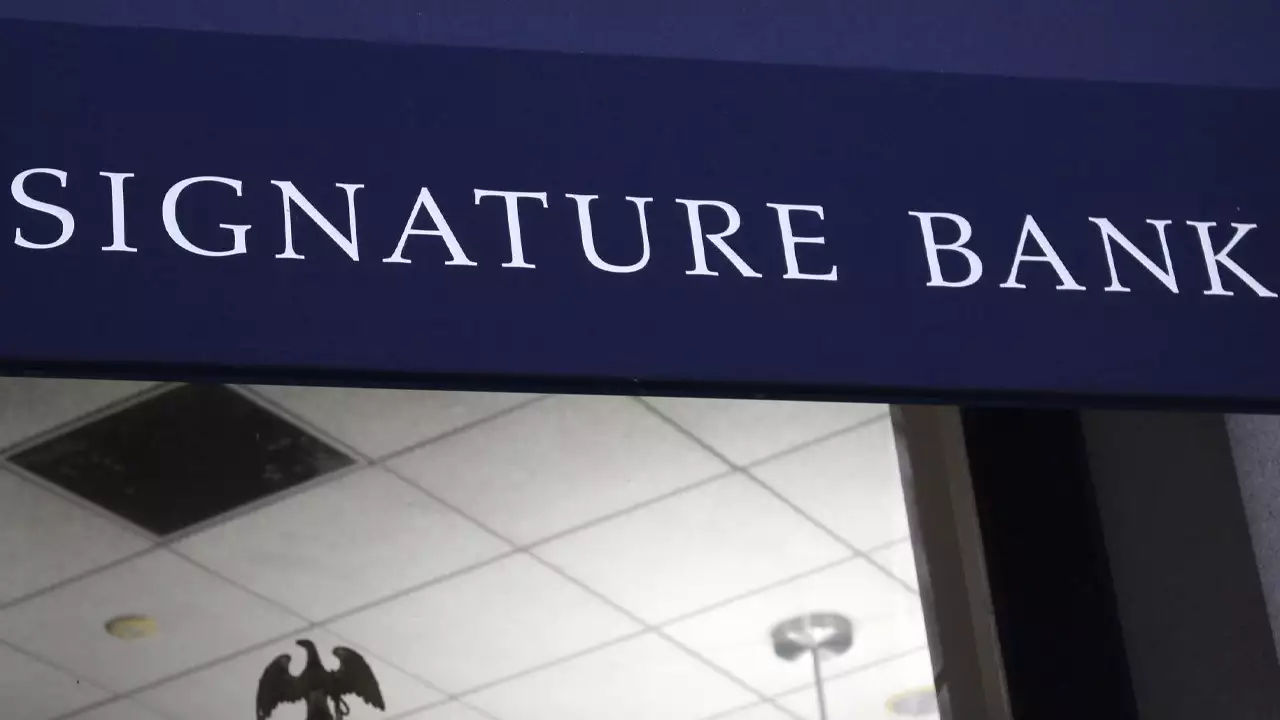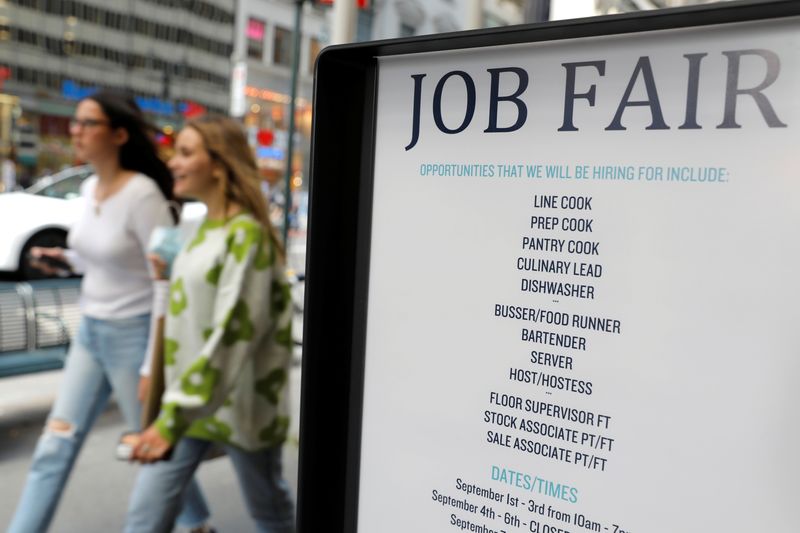Stock Markets
Signature Bank closed due to systemic risks after SVB collapse

Following Silicon Valley Bank (SVB) in the United States closed Signature Bank, a bank with a similar stock portfolio — the regulator in New York State made this decision because of systemic risks, according to a joint statement of the U.S. Treasury Department, the Federal Reserve, and the Federal Deposit Insurance Corporation. Obviously, the S&P 500 and other stock indices are facing bad times.
All of the bank’s depositors will have full access to their deposits, as in the case of SVB, and the taxpayer will suffer no losses. Senior management has been suspended.
Meanwhile, the agencies stress that the U.S. banking system remains resilient, thanks in large part to reforms implemented since the 2008 financial crisis. “These reforms, combined with today’s actions, demonstrate our commitment to taking the necessary steps to ensure the safety of depositors’ savings,” the publication notes.
Commercial Signature Bank had total assets of about $110.36 billion and total deposits of about $88.59 billion as of Dec. 31, 2022, according to the New York Department of Financial Services.
The decision to put Signature into receivership came as a surprise to its managers, who learned of it shortly before the public announcement. On March 10, the bank faced a flood of deposit outflows, but by March 12 the situation had stabilized, said in a private conversation an agency interlocutor who asked not to be named.
On March 11, SVB went bankrupt, which began having problems after the closure of Silvergate, a cryptocurrency bank that invested in startups. This caused concern in the market and a rush by investors to sell off industry stocks. Silicon Valley Bank became the largest failed bank in 15 years since the 2008 global economic crisis, Bloomberg wrote. According to The New York Times, this is the second-largest bankruptcy in U.S. history.
Three days earlier, Silicon Valley Bank customers had abruptly begun withdrawing funds from their accounts, after which the lending institution had to take emergency measures. Investors also began to get rid of shares of peer banks: besides Signature Bank; these are Western Alliance and First Republic.
The authorities are considering the possibility of creating a fund to protect deposits in banks that may face problems after the bankruptcy of SVB. U.S. President Joe Biden’s administration should find a buyer for the bankrupt SVB. The Treasury Department and the White House must also remove any regulatory hurdles to the immediate acquisition of the bank. Otherwise, the U.S. banking system faces a crisis.
Earlier, we reported that Credit Suisse shares fell to an all-time low.
Stock Markets
Ripple applies for US national bank charter as crypto eyes next frontier
Stock Markets
US job market surprises with increased openings in May
Stock Markets
Tesla, Palantir Lead Market Cap Stock Movers on Tuesday

 Forex3 years ago
Forex3 years agoForex Today: the dollar is gaining strength amid gloomy sentiment at the start of the Fed’s week

 Forex3 years ago
Forex3 years agoUnbiased review of Pocket Option broker

 Forex3 years ago
Forex3 years agoDollar to pound sterling exchange rate today: Pound plummeted to its lowest since 1985

 Forex3 years ago
Forex3 years agoHow is the Australian dollar doing today?

 Cryptocurrency3 years ago
Cryptocurrency3 years agoWhat happened in the crypto market – current events today

 World3 years ago
World3 years agoWhy are modern video games an art form?

 Commodities3 years ago
Commodities3 years agoCopper continues to fall in price on expectations of lower demand in China

 Economy3 years ago
Economy3 years agoCrude oil tankers double in price due to EU anti-Russian sanctions































